April 13, 2025 | 19:42 GMT +7
April 13, 2025 | 19:42 GMT +7
Hotline: 0913.378.918
April 13, 2025 | 19:42 GMT +7
Hotline: 0913.378.918
This journey was long and fraught with challenges for Mr. Pham Quoc Liem, Chairman of An Thai High-Tech Agriculture Joint Stock Company (Unifarm), and the company's engineers.
Listening to Mr. Liem recount his journey to find a Panama wilt-resistant banana variety impressed us deeply. Even banana experts from Korea and the Philippines, countries renowned for their advanced banana cultivation technologies, had not achieved this feat. Remarkably, these experts have even approached Mr. Liem to purchase the embryos of this resilient banana variety.
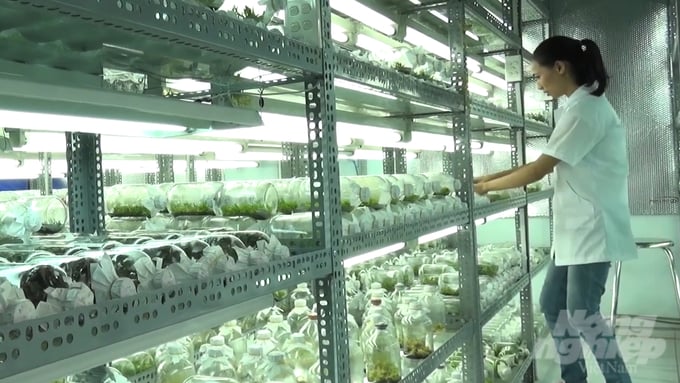
Unifarm's research lab for Panama wilt-resistant banana varieties. Photo: Hong Thuy.
"We only replicate once we've identified the correct model and techniques," Mr. Liem explained. "That’s why Unifarm differs from other companies. We develop slowly but sustainably. The agricultural sector is fraught with challenges, such as the impacts of weather, climate change, and market fluctuations, all of which can affect both inputs and final results. Achieving such outcomes requires a combination of technology and human expertise."
Unifarm began cultivating bananas in 2010, reaching export standards by 2014. Mr. Liem noticed that Vietnamese bananas were priced lower on the shelves in Japan and South Korea ($7-8/kg) compared to other countries ($10-12/kg). He realized that Vietnamese bananas lacked a strong brand presence, which motivated him to invest in quality, branding, and communication to enhance the product's image.
Initially, Unifarm adopted techniques from foreign experts to grow crops such as eggplants, tomatoes, and bell peppers, achieving good yields. However, these efforts were not as successful as hoped due to limited market demand. The company then shifted its focus to growing melons.
Due to a lack of experience, Mr. Liem and his team initially had to hire experts from Israel, costing up to $10,000 per month. At first, the cultivated area was just 1 hectare, and the income generated from this single hectare of melons was insufficient to cover the expert's salary. However, Mr. Liem considered it a "tuition fee" and accepted the cost. The company gradually expanded its operations by 1 hectare each year. After 10 years, Unifarm had developed 10 hectares of melons that met both quality and productivity standards, which was a significant achievement.
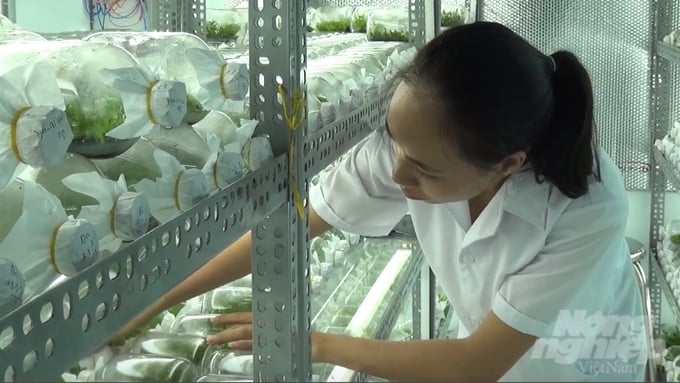
Global experts have approached Mr. Liem to purchase embryos of the Panama wilt-resistant banana variety. Photo: Hong Thuy.
"I faced a similar challenge with our banana crops," Mr. Liem recalled. "In 2011, I planted 10 hectares of bananas. Just as the trees were thriving, they suddenly turned yellow en masse. People warned me that the bananas had contracted Panama disease, a highly dangerous disease with no known cure, meaning the trees would have to be destroyed. I sought advice from experts, who, after thorough research, determined that the yellowing was due to a lack of fertilizer, not Panama disease.
Encouraged by this diagnosis, I continued investing and planted an additional 10 hectares. With the consultant's guidance, our first banana crop was successful. However, since I hadn't yet secured a market, I had to sell the bananas to a processing factory for just a few thousand VND per kilogram."
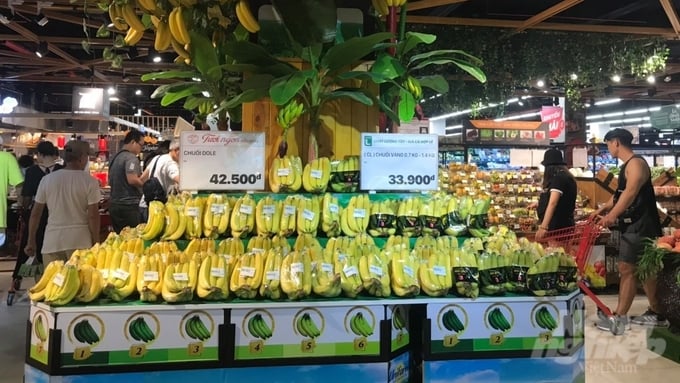
To secure markets for his banana products, Mr. Liem reached out to corporations worldwide, eventually receiving a response from Dole Corporation. Photo: Hong Thuy.
To find markets for his banana products, Mr. Liem contacted numerous corporations around the world, eventually receiving a positive response from Dole Corporation. Dole sent representatives to review Unifarm's banana cultivation process and subsequently established a branch in Vietnam, purchasing bananas from Unifarm for local consumption. As production increased, Unifarm began exporting to major markets such as Korea, Japan, and others.
After years of cultivating bananas, Mr. Liem understood that Panama disease is the most feared threat to banana plants. Even banana experts dread dealing with plants infected by this disease. Driven by determination, he set out to find a way to "cure" Panama disease.
Mr. Liem shared, "Initially, we formed a team of 12 people dedicated to researching and identifying disease-resistant banana plants. The reality is that cultivated banana varieties cannot resist Panama disease, while certain wild banana plants somehow show resistance. We monitored a banana grove severely affected by Panama disease for three months without intervening. The result was that only 1 out of 100 plants survived. I took this resilient banana plant back to our lab and tested its growth through tissue culture. We then propagated 100 more plants and planted them in soil contaminated with Panama disease. Nearly 99% died again, so we repeated the process from the beginning. After four years of research, we finally reached a point where out of 100 plants, all 100 survived. This marked the creation of our Panama disease-resistant banana variety."
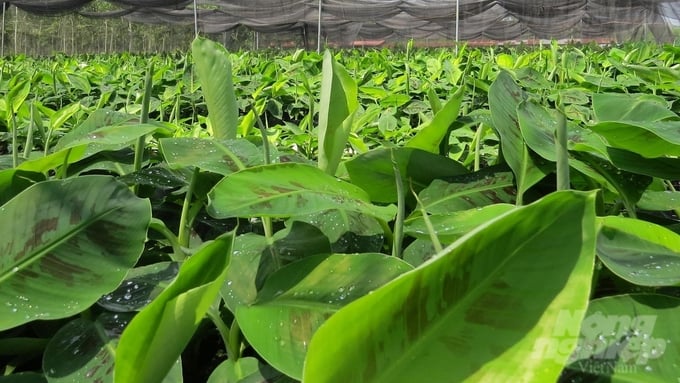
The discovery of a Panama disease-resistant banana variety is the result of many years of research at Unifarm. Photo: Hong Thuy.
In the past, foreign partners had sent me hundreds of samples of Panama disease-resistant banana varieties, all derived from wild banana trees. However, the resulting bananas were unattractive, crooked, and lacked commercial value. In contrast, Unifarm's disease-resistant banana variety meets the same standards as other conventional banana varieties. This is a significant achievement for us. Although foreign partners have repeatedly offered to buy this variety, we want to expand its use in domestic cultivation models first before considering selling it internationally."
To develop a banana variety resistant to Panama disease with high commercial value, Unifarm invested significant human and material resources in establishing a state-of-the-art research center in Long An. The result is a banana variety with a disease resistance rate of up to 95% in gardens with a history of infection. Thanks to its strong resistance, productivity has increased, and costs have been reduced since there is no need for disease prevention.
"Unifarm is currently testing an organic banana model in high greenhouses, using no chemical fertilizers or pesticides. Instead, we rely on biological products. Once this model is successfully applied and expanded, the enhanced quality and safety of our bananas will become a competitive advantage. Reducing chemical use also lowers input costs and product prices. Additionally, Unifarm is researching new varieties and applying microbiological technology to address circular economy challenges in production, further enhancing our competitiveness in the international market," explained Mr. Liem.
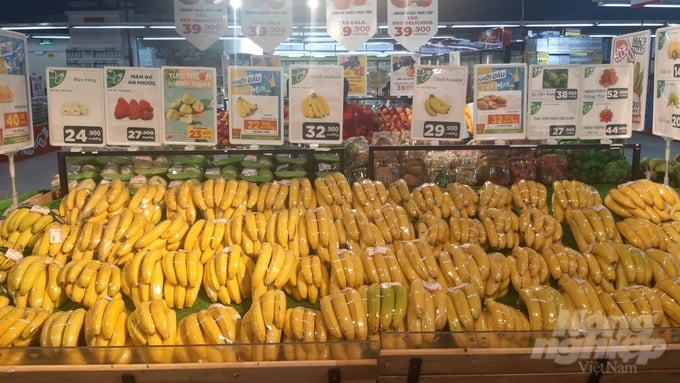
Unifarm has been exporting bananas to demanding markets like Japan and South Korea for the past 10 years. Photo: Hong Thuy.
"Unifarm has been exporting bananas to demanding countries like Japan and Korea for 10 years. This is a point of pride, as it shows that Unifarm's and Vietnamese bananas are generally recognized for their quality and value. Consumers now view Vietnamese bananas as being on par with, or even superior to, those from other countries.
However, it's important to acknowledge that in the journey of developing high-tech agriculture in Vietnam, some large enterprises have invested heavily but eventually ceased operations. This is a sad reality," Mr. Pham Quoc Liem shared.
Translated by Quynh Chi
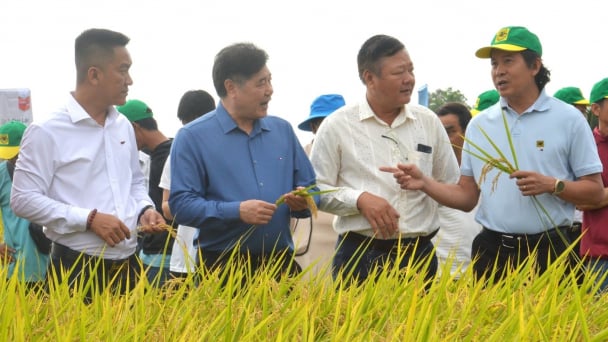
(VAN) The results from pilot fields are catalyzing the expansion of the One million hectares of high-quality, low-emission rice project in Kien Giang.
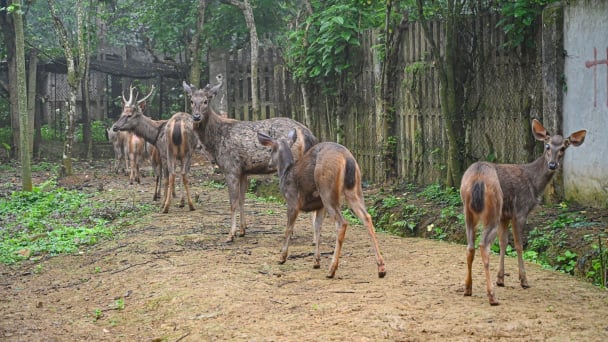
(VAN) On the morning of April 11, Cuc Phuong National Park received 18 individuals of endangered and rare wild animals from Da Nang city.
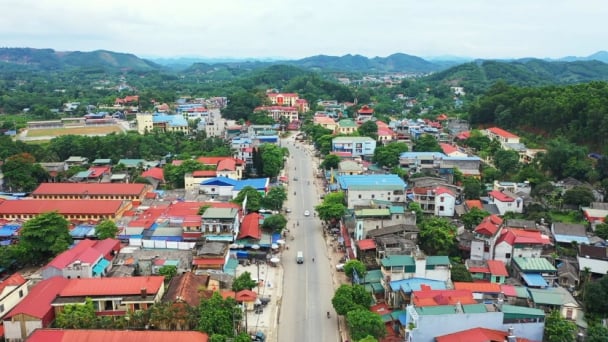
(VAN) FAO supports Vietnam in enhancing survey sampling techniques for the 2025 nationwide agricultural and rural census.
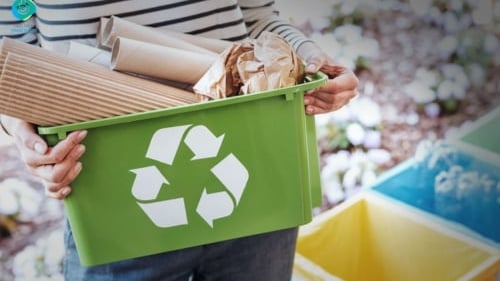
(VAN) By participating in the green transition, manufacturers become an indispensable part of the circular economy, contributing to resource optimization and environmental protection.
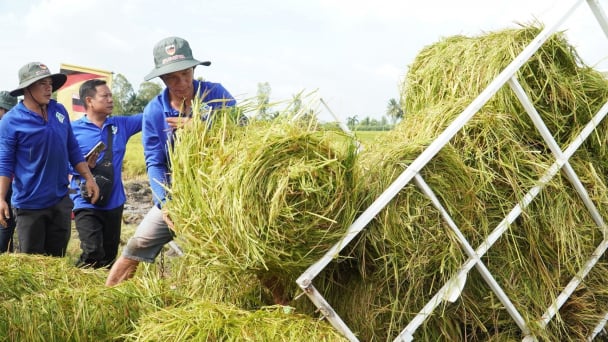
(VAN) The One Million Hectares of High-Quality and Low-Emission Rice Program can generate nearly 14 million tons of straw annually, posing an urgent requirement to diversify straw-based products.
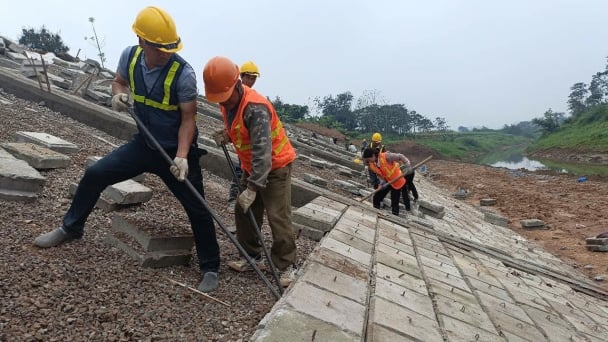
(VAN) This figure was recently announced at a conference held in Yen Bai, focusing on climate-resilient infrastructure development for ethnic minority regions.
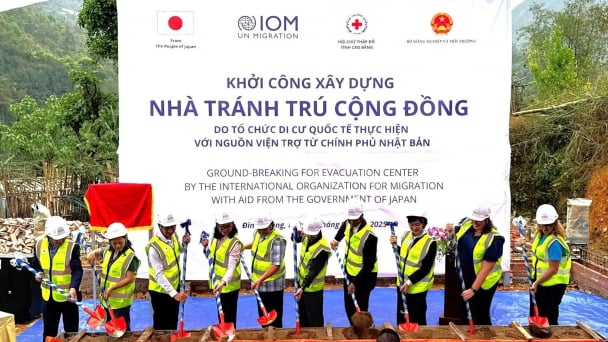
(VAN) The evacuation center is a practical work in efforts to respond to natural disasters and adapt to climate change in vulnerable areas.